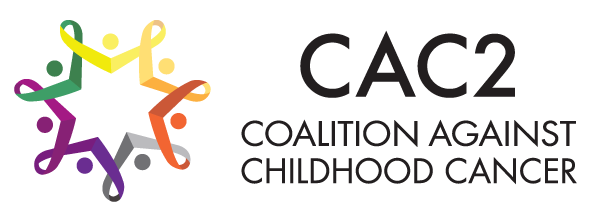Assorted News from the Last Week:
A Belgian boy with DIPG has lived seven years after his diagnosis and now at 13 years old, there is no trace of the tumor left. He was enrolled in the BIOMEDE trial, and from the start responded strongly to the cancer drug everolimus. CAC2 Blog post: A Tribute to Pediatric Cancer Caregivers: Honoring Heroes St. Jude Children’s Research Hospital has introduced a simple tool in Latin America called a pediatric early warning system (PEWS) that identifies children who are suffering from severe treatment-related complications and guides the clinical team through the next steps for care. Children with cancer receiving chemotherapy may experience negative eating behaviors, including alterations in taste, emotional overeating or undereating, food selectivity, and slow eating. Opinion Piece: Canada’s assisted dying regime should not be expanded to include children, even mature minors. Researchers at Children’s Hospital Los Angeles have unveiled a revolutionary assay capable of efficiently and accurately identifying clinically relevant gene fusions in pediatric tumors. Oncodaily presented its first-ever global Oncothon, a 24-hour worldwide telethon aimed at raising funds for cancer last week on International Childhood Cancer Awareness Day. CAC2 Member Juanita Prada believes data sharing can lead to a deeper understanding of the late effects of childhood cancer treatment and enhance support for those navigating challenges in their post-cancer lives.Upcoming Webinars, Online Opportunities, and Meetings:
56th Congress of the International Society of Paediatric Oncology (SIOP 2024), which will take place in Honolulu, Hawaii, USA | October 17-20, 2024. Registration is open and anyone who registers before July 17, 2024 can take advantage of the discounted rates.
Take Action:Help spread the word about the CAC2 Survivorship Toolkit using the CAC2 Survivorship Toolkit Promotions Kit. It contains a sample newsletter article, an email template, and a short introduction that can be used on a website.
The Childhood Cancer Data Initiative (CCDI) is seeking input to assist NCI in using electronic health record (EHR) data to accelerate progress in childhood cancer research. You are invited to respond to our latest Request for Information (RFI) to share your capabilities in automated EHR data entry and extraction. Submissions will be accepted until February 29, 2024. Submit a response to share your tools, clinical workflows, and approaches for entering and extracting EHR data in a structured format. You may also respond with insights on how existing tools for data capturing, extraction, and transformation in adult cancer research can be used to support childhood and rare cancer research. Feel free to reach out to Subhashini Jagu with questions.



